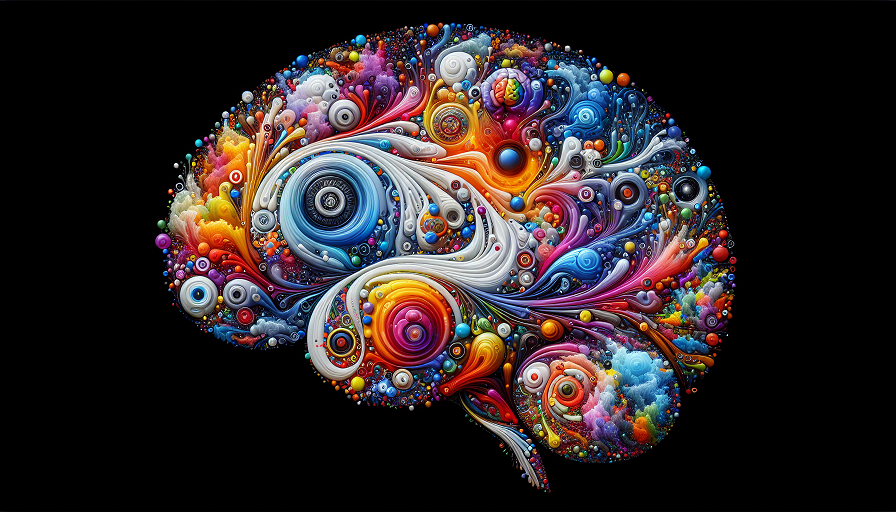
Yes, cold showers can enhance brain function by stimulating alertness, increasing neurotransmitter levels like norepinephrine and dopamine, and promoting long-term stress resilience – though their benefits are more about mental energy and mood than raw intelligence.
Contents
The Immediate Wake-Up Effect
Cold water triggers an acute “cold shock” response that rapidly activates the sympathetic nervous system. This jolt sends signals through the vagus nerve and adrenal medulla, resulting in a spike in alertness, heart rate, and respiratory rate. While uncomfortable, this physiological stress primes the brain for heightened awareness and focus in the moments following exposure.
In short: cold showers don’t just wake you up – they forcibly push your brain into a state of high readiness, similar to the effect of mild physical exertion or a strong cup of coffee.
Cold Exposure and Neurotransmitter Release
Repeated cold exposure has been shown to increase the availability of norepinephrine – a neurotransmitter involved in attention, vigilance, and cognitive flexibility. One study published in the journal Acta Physiologica Scandinavica found that plasma norepinephrine increased by up to 530% after just a brief cold immersion.
There is also evidence that cold water may modestly boost dopamine – a neurotransmitter linked to motivation, reward processing, and mental drive. This may explain the post-shower “rush” some people report, and why cold therapy is being explored for managing depression, fatigue, and brain fog.
Cold Showers as Cognitive Stress Training
One of the less obvious brain benefits of cold showers is mental resilience. Regular exposure to brief, tolerable stressors – like cold – can improve the brain’s ability to handle discomfort and stay focused under pressure. This is a concept known as hormesis: low doses of stress improve biological performance over time.
Cold exposure may help rewire your response to stressors by strengthening prefrontal-limbic pathways, which govern how you regulate fear, discomfort, and cognitive control. It’s a form of neurological training that boosts adaptability, not just alertness.
Mood and Energy Enhancement
Cold showers may also indirectly improve cognitive performance by elevating mood and mental energy. A 2008 clinical hypothesis published in Medical Hypotheses proposed that cold showers stimulate the brain’s “blue spot” (locus coeruleus), which releases norepinephrine and enhances the perception of well-being. This may explain why some people report reduced depressive symptoms or increased motivation following regular cold exposure routines.
While not a replacement for clinical treatment, cold exposure has shown promise in augmenting mental health practices and reducing subjective fatigue – two factors closely tied to cognitive performance.
Best Practices for Cognitive Gains
- Duration: 30 seconds to 3 minutes is typically sufficient for cognitive stimulation.
- Temperature: Water below 60°F (15°C) produces the strongest neurochemical response, but even moderately cold showers can have benefits.
- Timing: Morning exposure tends to boost alertness; evening exposure may disrupt sleep in some people.
- Progressive adaptation: Start with lukewarm and gradually reduce temperature to avoid shock or injury.
- Pair with breathing: Controlled breathing can increase tolerance and reinforce stress regulation benefits.
What Cold Showers Don’t Do
While cold showers can sharpen your mental state, they won’t increase your IQ or turn you into a genius. Their benefits are indirect – they enhance focus, elevate energy, and build psychological toughness. They also won’t help much if you’re severely sleep-deprived, dehydrated, or otherwise cognitively depleted. Think of them as a tool to optimize an already functional brain, not a fix for deeper issues.
Yes, cold showers can boost brain function – but not by magic. They stimulate alertness through the sympathetic nervous system, elevate beneficial neurotransmitters like norepinephrine and dopamine, and train your brain to better handle discomfort and stress. If used consistently and strategically, cold showers can become a simple yet powerful way to support mental clarity, energy, and resilience.

